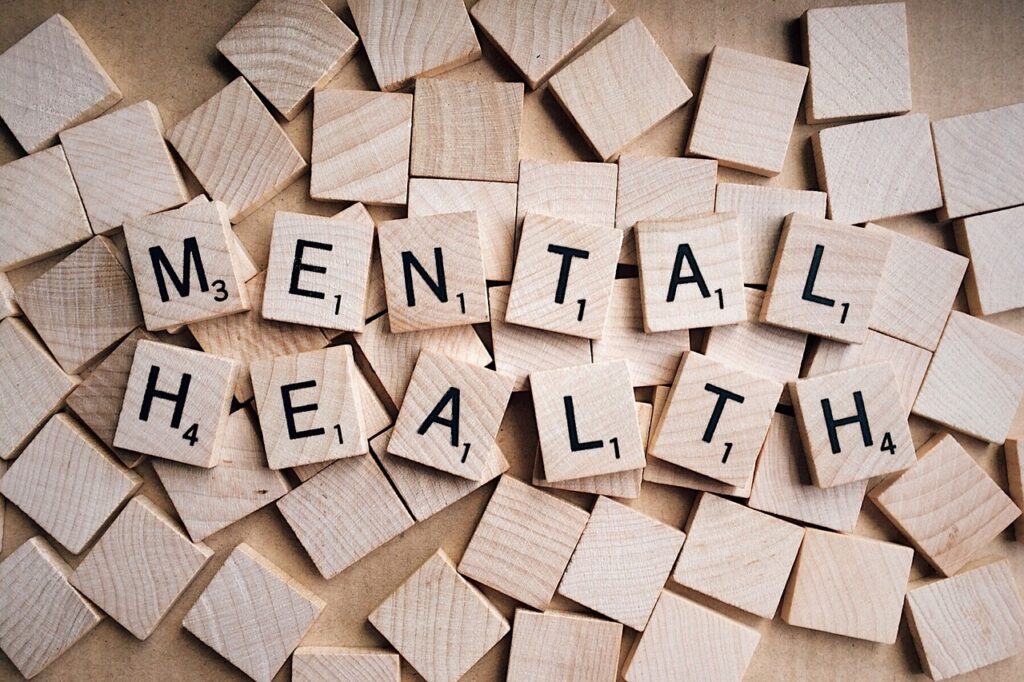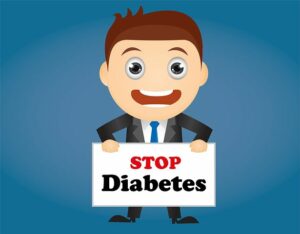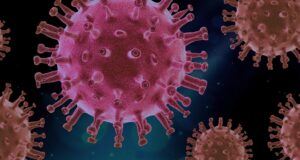Proper Care of Mental Health May Reduce Suicide in Society

Neucrad Health News Desk, October 9, 2019
In the last few months, we have come across several incidents where the mental health of individuals have driven them to take the most dangerous steps of life-suicide. Let us take, for example, the heart-wrenching event in Kolkata during June 2019. A bright and meritorious fourteen-year-old Class X student of GD Birla Centre of Education, Kirittika Paul slashed her wrist in her school’s washroom in a bid to die. A few days after this incident, another 20-year old final year master degree student of IIT Hyderabad took the drastic step of killing himself. He was unable to cope up with the academic pressure prevalent in his educational institution. All these heart-breaking incidents make us realise that healthy mental state is crucial to lead a peaceful life. As we observe World Mental Health Day on 10 October, let us pledge that we will spread awareness in the society regarding the significance of mental health. We are addressing some of the mental disorders which can drive a person to take extreme steps in life if proper care has not been taken either medically or socially.
Depression
Depression is one of the most common mental disorder which has taken the shape of an epidemic in modern society. There are even reports of school-going children slipping into depression for not being able to cope up with the norms of the community. The Centres for Disease Control and Prevention (CDC) reported that approximately 7.6 per cent Americans aged twelve and above were victims to depression for at least two weeks in their life. The common symptoms of this disorder are irritability, restlessness, reduced interests in activities which were previously enjoyable, social isolation, insomnia, fatigue, feelings of worthlessness, and recurrent thoughts of suicide. Psychologists feel traumatic childhood, family history, drug abuse, and personal bereavements like divorce or work issues are the primary causes of depression. However, timely counselling and treatment can help to treat this mental disorder in most of the cases.
Bipolar Disorder
Bipolar disorder is another mental disorder causing extreme mood swings in patients. They experience phases of emotional highs (mania or hypomania) corresponding with emotional lows (depression). Here individuals go through euphoric and highly energetic mental states during their mania stage and suddenly shifts to hopelessness, loss of interest in daily tasks, and even thoughts of suicide during their depression stage. These mood swings can occur several times a year. It affects the patient’s activity, judgement, behaviour, energy level, and sleeping conditions. However, most top-rated psychologists suggest that medications and psychotherapy can heal bipolar disorder in most cases.
Post-Traumatic Stress Disorder (PTSD)
Post-traumatic stress disorder (PTSD) is a mental state triggered by a terrific experience. Patients can either personally experience the trauma or can witness it occurring in front of their eyes. Wars, crimes, accidents, and death of close relatives are some of the factors which can lead to PTSD. Victims experience recurrent flashbacks of the incident, nightmares, severe emotional distress, avoiding the people and places associated with the trauma, and negative thoughts while suffering from PTSD. Many people, in spite of having temporary difficulties coping up with daily life show relief from PTSD with proper care and time. However, if the symptoms persist for more than a month, it is better to seek medical help.
Schizophrenia
Schizophrenia is another mental condition commonly affecting individuals in the age group of sixteen to thirty years. Patients experience repetitive episodes of delusions, hallucinations, lack of motivation, poor concentration, and social withdrawal due to this mental state. They may feel unnecessarily scared of someone or have a feeling that somebody is going to attack them. Genetic inheritance, imbalance of dopamine in the brain, and Marijuana and LSD related drug abuse are some of the primary causes of schizophrenia. Medication, psychological counselling, and self-help resources may help to control the symptoms of this mental disorder. However, in many cases, the patients may have to cope up with these symptoms throughout their life.
These were some of the prevalent mental disorders of our current society. Increase awareness of these conditions so that patients can seek timely medical attention, and live a stress-free life.









